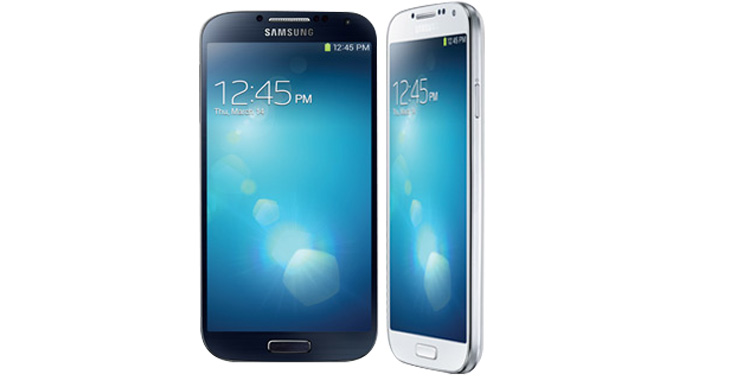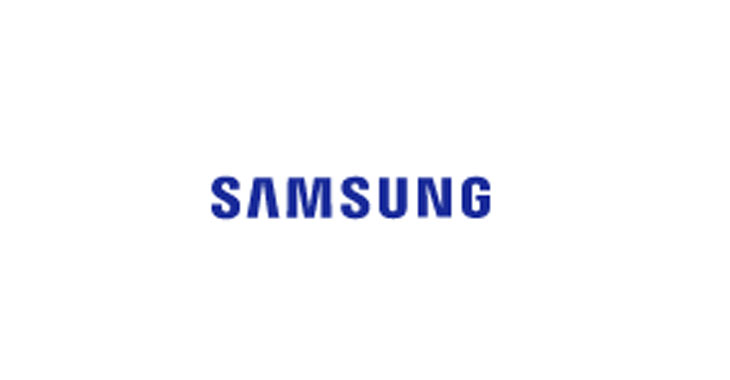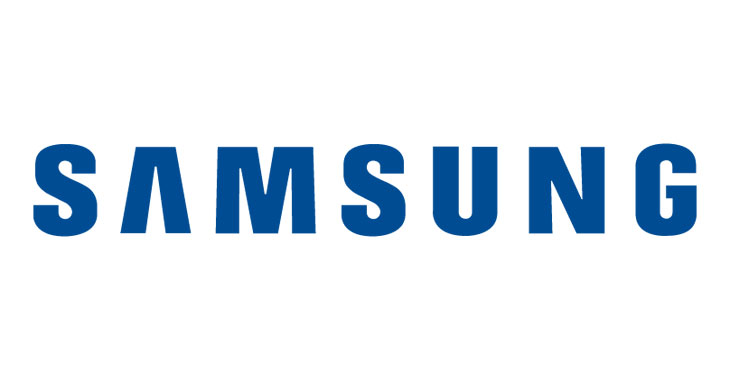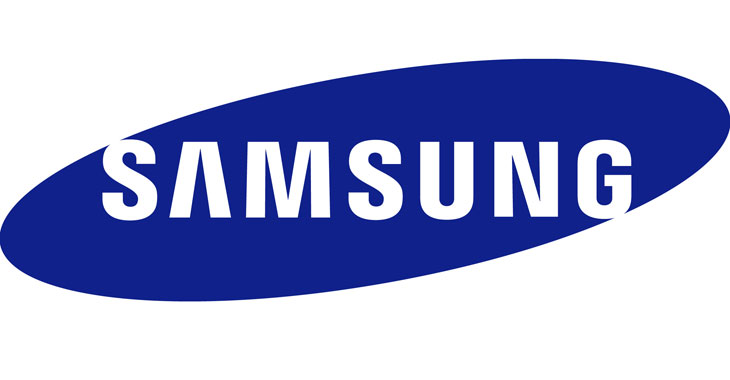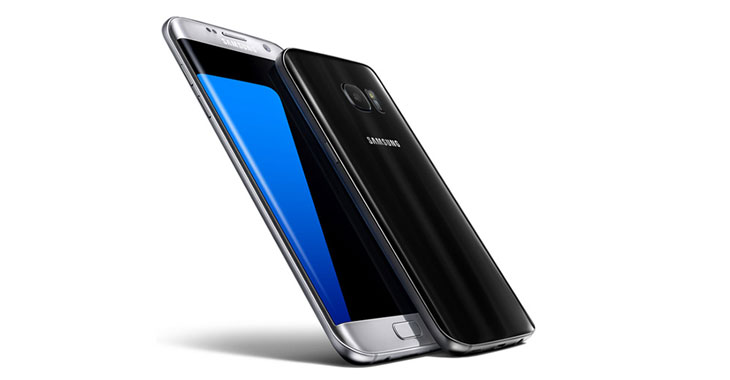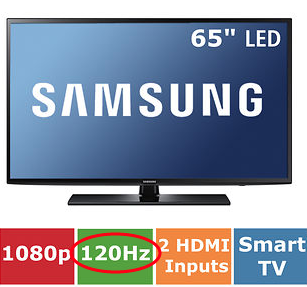
Samsung French Door Refrigerator
Allegations: Marketing products as reliable when their ice makers and dispensers become unusable due to a defect
February 2018: A federal judge granted in part and denied in part Samsung’s motion to dismiss the amended complaint, dismissing the New Jersey consumer fraud state law claims finding that Georgia law applies to plaintiffs’ claims, and dismissing unjust enrichment claims finding that there was not a direct relationship between plaintiffs and Samsung. Plaintiffs’ other claims will move forward and the judge gave plaintiffs leave to amend their consumer fraud claims under Georgia law.
June 2015: A class-action lawsuit was filed against Samsung for allegedly falsely advertising the Samsung Galaxy Gear S Smartwatch as having a battery that would last 24 to 48 hours without being charged when, according to plaintiffs, the battery dies after about 4 hours of normal use. (Plaintiffs filed an amended complaint in June 2017.) (Noble et al v. Samsung Electronics America, Inc., Case No. 15-cv-3713, D.N.J.)
For more information about other class-action lawsuits filed against Samsung and TINA.org’s coverage of the company, click here.
Allegations: Marketing products as reliable when their ice makers and dispensers become unusable due to a defect
Allegations: Falsely advertising discounts off of artificially inflated regular prices and as available for a limited time
Allegations: Failing to disclose that oven knobs can be activated by accidental contact due to a defect
Allegations: Misrepresenting that the website does not collect data from visitors who disable tracking cookies or disclose their data to third parties
Allegations: Falsely marketing that televisions have features that they do not have
Allegations: Failing to disclose that appliances emit pollutants that are harmful to people
Allegations: Misleadingly marketing that smartphones of 128 GB of storage
Allegations: Misleadingly marketing the smartphone as durable
Allegations: Representing that it safeguards consumers’ personal data when such claims are not true
Allegations: Falsely marketing that the refresh rate (also known as the “Motion Rate”) of televisions is 120 Hz when the actual refresh rate is 60 Hz
Allegations: Misleading water-resistant claims
Allegations: Misleadingly marketing devices as having “supreme flexibility” when they don’t work as advertised
Allegations: Falsely marketing appliances as “fingerprint resistant” and failing to disclose that “black stainless steel” is actually regular stainless steel with a black coating that flakes and peels off
Allegations: Falsely representing the speed and storage capacity of Samsung Galaxy S4 smartphones
Allegations: Misleadingly advertising the black stainless steel finish on appliances as durable when the finish is a thin plastic coating that is prone to peel, chip and flake
TV frame or frame TV? Which one is MoMA selling here?
This ad hertz.
A phone that is only “water resistant” under the right circumstances.
How the advertising of a free tablet (mis)led two consumers to Best Buy over the holiday weekend.
Free tablet promotion caused consumer confusion by not adequately disclosing terms.
